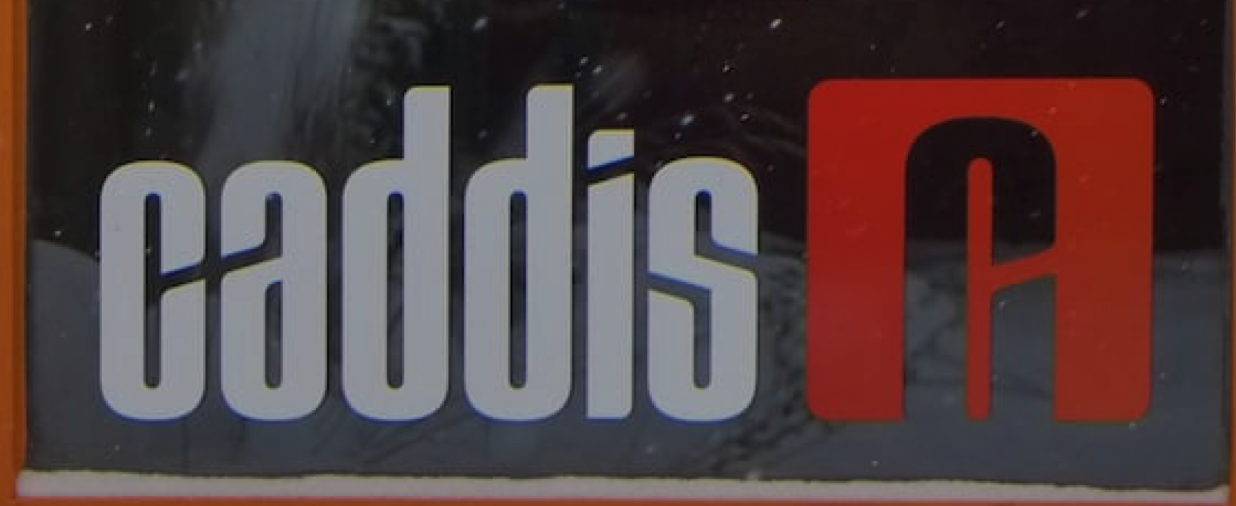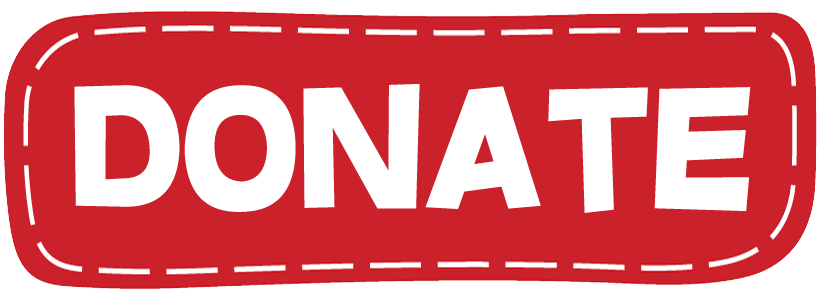Author: Dianne G. Brause
Published in Communities Magazine Issue #149
We at Communities were aware that some of Dianne’s perspectives in this article (Elderhood, In and Out of Community) would not be universally shared among her former community mates. However, since most of the people involved in the situations that led to her departure are already dispersed, it was not possible to get a response from the group as a whole. Instead, to get as well-rounded a picture as we could, we contacted both Dianne and a former community mate to ask for further clarifications and reflections on her article. Both Dianne and Marc were thankful for the chance to comment on the accompanying story.
To clarify: I in no way wrote this article to “badmouth” my former intentional community or highlight it as a group that isn’t caring of its elders. I just wrote of my experience from my point of view, trying to be generous in including myself in the process that led to my experience there. I believe that the community continues to offer invaluable experiences to many people each year. What they are doing is a fine service in the world. My point was really that it changed in recent years in ways that didn’t seem to fit parts of the original mission, and I no longer seemed to “fit.” And I do think people within the communities movement and aspiring communitarians need to know what some possible issues around elders might be—especially when the turnover in communities is likely much more frequent among younger members, who also may not know or care about the contributions of people who have been there over time. In any case, my leaving has liberated me to go forward in my life and I imagine has freed up some energy for the changes there. Both are good things, I’m sure.
—Dianne G. Brause
I was given a chance to read Dianne’s article and write a response as I am one of the few people who currently lives in the community Dianne describes who was here during much of the period she describes. I write from my own perspective only, not on behalf of the community. I have great admiration for Dianne’s absolutely essential role in helping to create and sustain this community and have personally learned a great deal from her.
Dianne’s experience is partially about elders, but is also about how people respond to change in a community, organizational structure, the role of founders, and communities trying to run a business.
We currently have a woman in our community who is 86. She seems to be very grateful for her situation in the community and to my knowledge we are not offering her anything different than we offered Dianne.
Dianne mentioned feeling that the community had not honored its elders. I think we can look at this issue in three areas: the personal, the financial, and the organizational culture.
In terms of the personal, I believe the community generally honored Dianne and community “old timers.” Those of us who led some of the changes Dianne describes went to great efforts to make it clear that we were not trying to disrespect anyone as a person or fail to honor their past contributions and dedication, even while we critiqued some of their deeply held ideas about community and organizational structure.
In terms of the financial aspect, it is true that we never figured out a retirement package and we still have not. Dianne was always perfectly welcome to stay at our community, travel the world, and come back and share her wisdom with the community as she describes wanting to do. And she would have to pay standard community fees. Our community provides a great place for elders to live, but at the same costs as for anyone else. I greatly wish that our education and conference center could provide full benefits for all employees. Unfortunately, this is easier said than done when just paying our monthly bills is often a stretch. The “old timers” didn’t set up systems that would support these types of benefits, such as savings plans, so those benefits were not there when they wanted them.
This leads to issue number three: organizational culture. Dianne describes the shift in negative terms, and I believe it was positive and necessary. I do not see it as moving away from friendship overall in the community, but it was saying that for paid staff, during work hours, getting friendship needs met is fine, but not the primary objective. During work hours we do indeed need to focus on productivity and efficiency. And we need to make enough money to pay off the debt on the land, and to offer the benefits that Dianne wanted to all our long-term employees.
The shifts have resulted in people making more decisions in smaller groups related to their area of responsibility and experience. Sometimes people feel left out or there is missing information. No decision making system is perfect. But the “old ways,” I believe, were not working on many levels, and we needed to try something different.
Those of us wanting these changes did not organize a takeover from a majority—we simply got so tired of the “old ways” that we offered to all resign and leave the community. At this point, most of the people in the community—members who were in the middle, not sure which approach they preferred—figured they better support us making the changes or the whole place might not be able to continue.
Dianne’s vision, from the beginning, was extremely broad and holistic, which is part of what drew me here. It involved trying to steward a big, complex, expensive property, employ most of the residents, function as nonprofit corporation, demonstrate sustainability, serve the educational and retreat needs of its clients, demonstrate inclusive decision making, and be the developer of new housing. I now wonder if in some ways, Dianne’s brilliance in thinking broadly and holistically was too far ahead of its time in relation to the realistic capacity of a group of 20-plus humans raised in the dominant culture. Maybe it’s possible at this time to achieve some of those goals in one relatively small community, but not all. We have chosen to focus on the educational center, and I think that a somewhat more conventional management approach on the “business” end of things is necessary at this time to do that well.
I wish Dianne the best of luck in finding communities whose focuses match her own priorities, and I believe that she could be a great asset to them. These might be communities that are focused mostly on inclusive decision making and non-hierarchy, and I would bet that they have fewer people and/or a simpler set of other goals than our community. Or maybe she will find some that have truly figured out how to achieve all the original goals of this community in a way that we never could. If so, we’d be glad to learn about how they do that and share that with our students.
—Marc Tobin



















